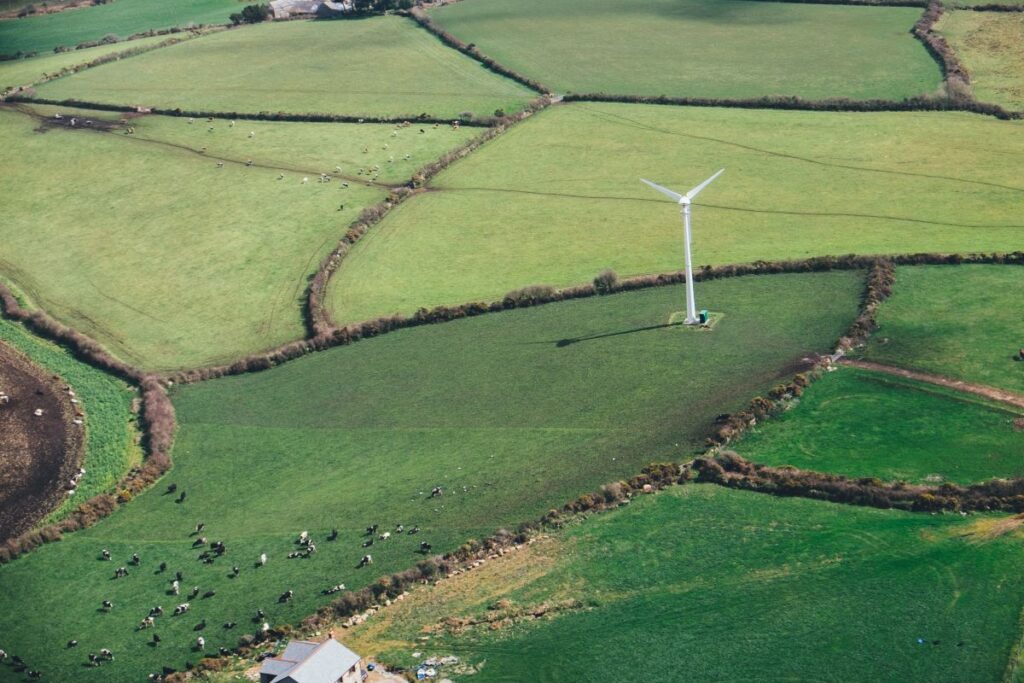NEWS
What is the Energy Savings Opportunity Scheme?

If you’re a large organisation, it’s likely that you’ll have to comply with the Government’s Energy Savings Opportunity Scheme (ESOS). But what is it, and how can you ensure your business is complying?
What is the Energy Savings Opportunity Scheme?
The Energy Savings Opportunity Scheme (ESOS) was set up by the Government to essentially make ‘energy audits’ mandatory for big businesses. The scheme encourages businesses to look at their energy usage, including aspects such as buildings, transport, and operations, to identify ways they can become more energy efficient.
Businesses that qualify for the ESOS scheme must carry out their assessments every four years to ensure that they’re introducing effective energy saving measures. The scheme works by encouraging businesses to implement more energy saving techniques into their business which should, over time, outweigh the costs of having the assessment done.
Who qualifies for the Energy Savings Opportunity Scheme?
Not everybody qualifies for the Energy Savings Opportunity Scheme. You will qualify for phase three of ESOS if your business:
- Employs 250 or more people,
- Has an annual turnover of more than £44 million and an annual balance sheet total more than £38 million.
If your business works in the public sector and adheres to the UK Public Contracts Regulations 2006 (England, Wales and Scotland), your business should be exempt. Your business is also exempt from carrying out an audit if your organisation is fully covered by ISO 50001. You’ll just need to submit a notification to the regulator.
If you’re already subject to other energy legislation, such as Streamlined Energy and Carbon Reporting, you will still have to carry out an energy audit under ESOS. However, you may be able to reuse some of the data you have already collected for other schemes.


How often do you have to carry out an ESOS audit?
If your organisation qualifies for ESOS, you must carry out the assessments every four years. We’re now in the third phase of the four-year cycles. The next deadline for completing ESOS compliance is 5th December 2023, so businesses must complete their audit before then.
What’s included in the audit?
When your business completes its audit, a Lead Assessor from an approved professional body register will visit your site and look at different elements. For your assessment, you’ll need to:
- Calculate your total energy consumption
- Identify any areas of significant energy consumption
- Appoint a lead assessor
- Notify the Environment Agency
- Keep records
Who regulates the Energy Savings Opportunity Scheme?
To ensure that all businesses are compliant with ESOS, there are different regulators for different areas across the UK. The Environment Agency administers the scheme across the UK and regulates the UK. In Scotland, the scheme is regulated by the Scottish Environment Protection Agency and the Northern Ireland Environment Agency cover Northern Ireland. In Wales, Natural Resources Wales regulate the scheme. However, outside of these countries, it’s regulated by the Secretary of State for Business, Energy and Industrial Strategy.
What happens if you don’t comply?
If your business fails to comply with the Energy Savings Opportunity Scheme, you could be facing a range of different fines. For example, if you fail to undertake an energy audit before the deadline, you can receive a fixed penalty notice of up to £50,000. Plus, an additional £500 for each working day after the compliance notice is served up to 80 days. Also, if you provide a false or misleading statement in your report, you could also receive a fixed penalty notice of up to £50,000.
In addition to the different fines, the regulator can also use publication as a punishment for failing to comply with ESOS. This means that the regulator will publish on their website the person on whom the penalty was imposed. Also, they will state the legal requirement that was not complied with and the amount of the financial penalty. However, you can appeal against any enforcement actions that regulators take against you.
Contact us
If you fail to comply with ESOS, your business could be facing hefty fines. Our energy experts can help you with total energy management to ensure that you’re compliant with any and every scheme, helping you focus on running your business. To find out more, contact one of our experts today.




